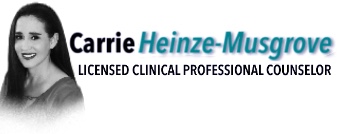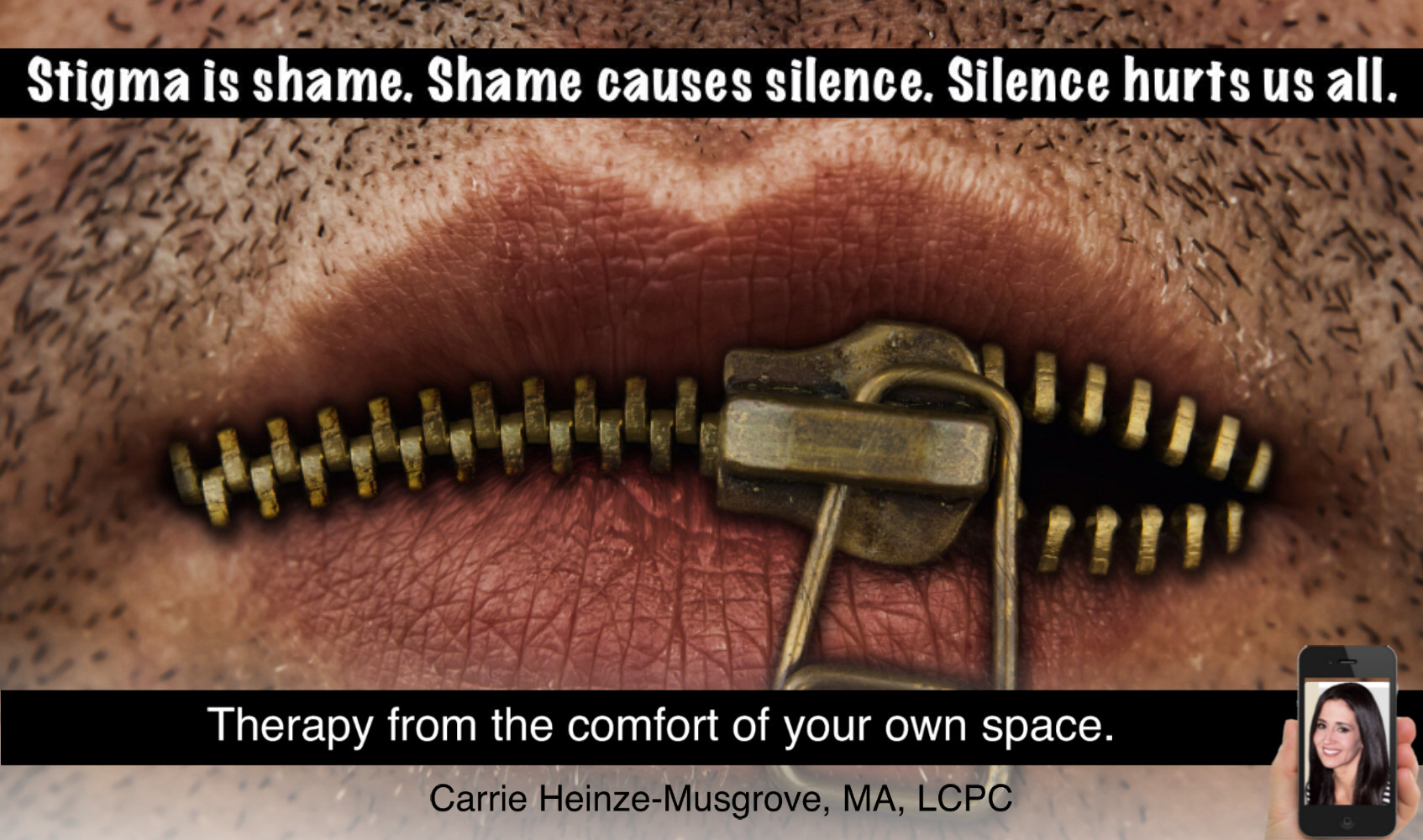Many people with mental illness face serious challenges in a couple of ways. On one hand, they struggle with the symptoms and problems that result from having the illness. On the other hand, they are challenged by prejudice and discriminating behaviors that result from misconceptions about mental illness.
It’s common for people with mental illness to perceive themselves as “weird”, “damaged” or “broken”. Stigma implies that people with mental health problems are in some way “different” from “normally functioning” individuals.
So what are the consequences to stigma?
• Reluctance to seek or accept necessary help or treatment.
• Low self esteem.
• Feelings of shame, helplessness, guilt and distress.
• A lack of understanding by family, friends, co-workers.
• Poor social support.
• Fewer opportunities for work, school or social activities or trouble finding housing.
• Isolation and relationship problems due to being perceived as violent, disabled, can’t function in society, criminal or “crazy”.
Judgments almost always stem from a lack of understanding rather than information based on the facts. Learning to accept your condition and recognize what you need to do to treat it can make a big difference. You may be reluctant to admit you need treatment, but don’t allow the fear of being labeled with a mental illness prevent you from seeking help.
Seeing a therapist can help you foster a more compassionate relationship with yourself. Treatment can provide relief by identifying problems and reducing symptoms that interfere with your work and personal life.
You are not alone.
Carrie






